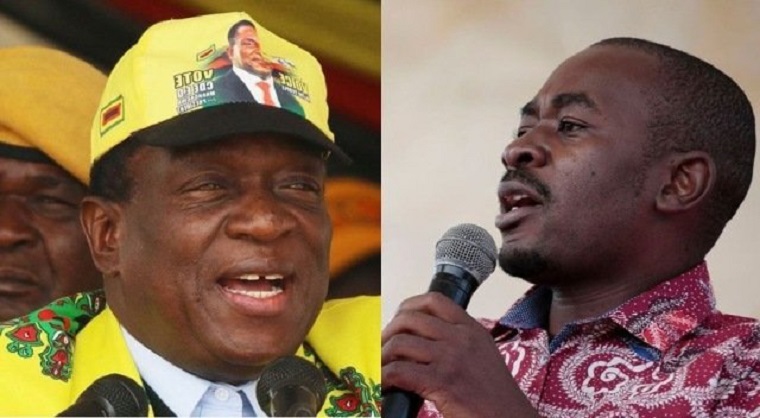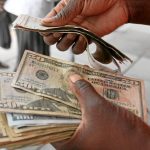 After the general election in Nigeria in February, the next most significant election in Anglophone Africa will be in Zimbabwe in July or August.
After the general election in Nigeria in February, the next most significant election in Anglophone Africa will be in Zimbabwe in July or August.
There is huge interest in the conduct and outcome of this election, particularly from Zimbabwe’s neighbours, especially South Africa, as well as the broader Southern, Eastern and Central Africa.
Zimbabwe has always occupied a special emotional, as well as ethical space in the African collective psyche, from the brutal wars of liberation against Ian Smith’s racist regime, to a glorious decade following independence in 1980, to Robert Mugabe locking horns with the British government over land reforms, to the virtual banishment of the country from all forms of official financial channels and its subsequent economic collapse, to the fall of Mugabe and the rise of Emmerson Mnangagwa.
Discussions over Zimbabwe, internally as well as externally, have always been highly emotive and deeply polarised. This is set to not only continue but reach a crescendo as the election date draws near. Whatever happens in Zimbabwe has a direct and indirect effect on the Southern African region as well as on the image of Africa as a whole.
The 80-year-old leader of ZANU-PF (which has ruled Zimbabwe uninterrupted since 1980), Mnangagwa – ‘The Crocodile’ (his liberation war name) – will once again face off with the 45-year-old Nelson Chamisa, now the leader of a relatively new party, the Citizens Coalition of Change (CCC).
The CCC will be contesting its first general election but it has much older antecedents. It broke off in 2022 from the Movement for Democratic Change Alliance (MDC-A), itself a splinter of the Movement for Democratic Change (MDC-T), the party founded by the late Morgan Tsvangirai in 1999.
The MDC went toe-to-toe with ZANU-PF, forming a coalition government in 2009 (with Tsvangirai as Prime Minister), but Tsvangirai lost to Mugabe in 2008 and 2013, having withdrawn from the second-round run-off in 2008. He died from cancer in 2018.
With the 2018 polls imminent, the MDC was under intense pressure to elect a new leader and without clear guidance from the late Tsvangirai on his successor, the internal power struggle was settled by naming Nelson Chamisa the leader and the party’s Presidential candidate. The fractures were papered over but not repaired, as subsequent events would prove.
Following the 2017 coup that ousted Mugabe and saw Mnangagwa installed as national leader, the 2018 election acquired a potent symbolism and there was considerable tension leading up to the polls. Chamisa contested the Presidential election as leader of the MDC Alliance.
Mnangagwa won 50.3% to Chamisa’s 44.3%. ZANU-PF won six of the country’s 10 provinces while four went to MDC-A. This was the closest that any opposition party had come to breaking the ruling party’s hold on power.
Continued next page
(133 VIEWS)

